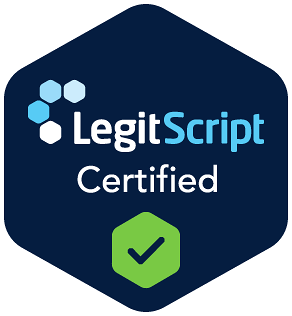altura crisis, altura recovery houston, how many stages of grief are there, examples of assertive communication style, where is somatic nervous system located, altura anxiety therapy programs, altura substance abuse treatment, altura mental health, altura virtual iop
Comprehensive Mental Health and Addiction Treatment at Altura Recovery
At Altura Recovery, we provide a holistic approach to mental health and addiction treatment, recognizing that each individual's journey is unique. Our evidence-based therapies are designed to address a wide range of issues, including substance use disorders, anxiety, depression, and trauma. By focusing on personalized care, we ensure that each client receives the support they need to achieve lasting recovery.
Our commitment to comprehensive care means we not only treat the symptoms but also work to uncover the underlying causes of distress. This integrated model allows us to tailor our treatment plans to the specific needs of each client, fostering an environment where healing can truly take place. We believe that everyone deserves the opportunity to reclaim their life and find joy in their recovery journey.
Understanding the Role of Family in Recovery
Family involvement is a crucial component of successful recovery from mental health and addiction challenges. At Altura Recovery, we recognize that the dynamics within a family can significantly impact an individual's healing process. Our family systems approach aims to educate and empower family members, helping them understand their roles and how they can support their loved ones effectively.
Through family therapy sessions, we work on improving communication, setting healthy boundaries, and fostering healthier relationships. By involving families in the treatment process, we create a supportive network that encourages accountability and understanding, ultimately leading to more sustainable recovery outcomes for our clients.
Evidence-Based Practices: The Science Behind Our Therapies
At Altura Recovery, we pride ourselves on utilizing evidence-based practices that have been proven effective in treating mental health and addiction issues. Our therapies, including CBT, DBT, and EMDR, are grounded in scientific research, ensuring that our clients receive the highest standard of care. This commitment to evidence-based treatment not only enhances the efficacy of our programs but also builds trust with our clients.
By staying current with the latest research and integrating new findings into our therapeutic practices, we continually refine our approaches to meet the evolving needs of our clients. This dedication to evidence-based care is a cornerstone of our mission to provide effective and compassionate treatment for all who seek help at Altura Recovery.
Client Success Stories: Transformations Through Therapy
Real-life success stories serve as a powerful testament to the effectiveness of our therapeutic approaches at Altura Recovery. Clients who have engaged in our programs often share their transformative experiences, highlighting how our personalized care has helped them overcome significant challenges related to mental health and addiction. These narratives not only inspire hope but also illustrate the tangible benefits of our evidence-based therapies.
By showcasing client testimonials and success stories, we aim to provide potential clients with relatable examples of recovery. These stories emphasize the importance of seeking help and demonstrate that with the right support and treatment, a fulfilling life in recovery is achievable. At Altura Recovery, we celebrate each individual’s journey and the progress they make toward lasting healing.





